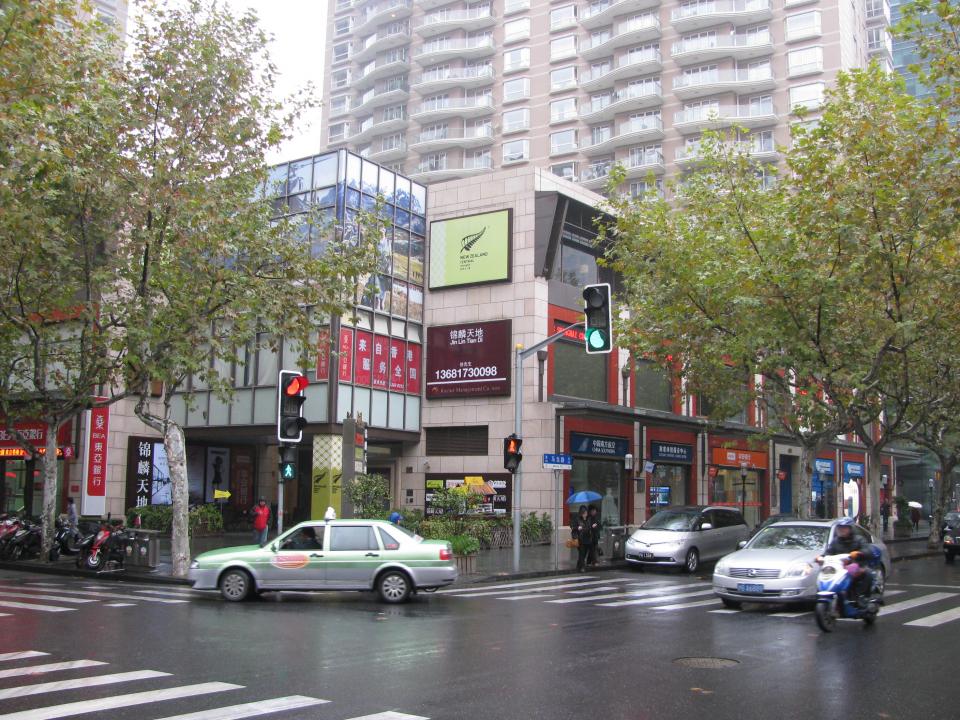If you were doing business in Asia, there is one Chinese word that you would probably hear more often than anything else: Guanxi.
An integral part of Chinese and east-Asian cultures, deeply woven into the fabric of society, Guanxi can be referred as the networks of interpersonal relationships which involve mutual obligation in continuous exchanges of benefits.
At first glance, Guanxi may not seem any different from the emphasis of network building in other business cultures, but it plays a more significant role in Asian countries such as China, Japan, Korea, Taiwan, Vietnam, Hong Kong, Malaysia and Singapore than in any other parts of the world.
One may be not able to close a deal just by having formal business meetings in these countries. It is common practise for businesspeople to spend time with counterparts in building Guanxi outside the office, such as at the golf course or dinner banquets. Guanxi often involves the development of personal relationships with business counterparts and it is much deeper than most business networking practised globally.
In Chinese and east-Asian societies, business networking and personal relationships are merged into Guanxi to form the bedrock of commercial activities. A guanxi network is founded on “Xinyong” or trust, which refers to one’s commitment to fulfill the moral obligations to help and support when one is needed. For that reason, constant support and cooperation is expected throughout the relationship. The ultimate goal of Guanxi is to achieve social harmony through collaborations in pursuit of mutual benefit.
It is very important for multinational corporations to build long term Guanxi with local companies and government organisations in order to expand into the region successfully. However, global businesses are uncomfortable with the subjective and informal nature of Guanxi. For them, the concept of Guanxi is vague, confusing and prone to misinterpretations as the line between Guanxi and bribery is often debatable. Activities to develop and maintain Guanxi such as gift-giving during festive seasons and “wine-and-dine” after working hours are tainted with corruption prejudices.
The reality is these practices are considered as means of giving “face” or showing respect to business counterparts. They are interpreted as gestures of sincerity and appreciation for long-term Guanxi. One-off bribery is definitely not adequate to build healthy long-term friendships, and thus not encouraged.
With the growing importance of Asian countries in the global economy, it is only practical for the rest of the world to learn and master the art of Guanxi for their own benefits. Global corporations should see Guanxi as part of their localisation strategy and adopt it to their advantage in facilitating growth in the region. The key to expansion in Asia is local Guanxi. Without it, companies can put themselves at serious disadvantage. Nevertheless, building and maintaining a strong Guanxi network requires long-term efforts and full-time local presence. Therefore, it will be more practical for organisations to work with third party partners with a strong local presence, particularly in the early stages of territorial expansion. That local presence also means companies can leverage on the partner’s Guanxi networks, knowledge and experience to reduce risk, control costs and simplify operations.
This is an extract from the briefing paper entitled "Guanxi: Business networking in Asia with a personal touch", published by TMF Group. It is available for download here. Written by John Thorman, New Zealand Managing Director of TMF Group, a leading global provider of high value business services to clients operating and investing internationally.





